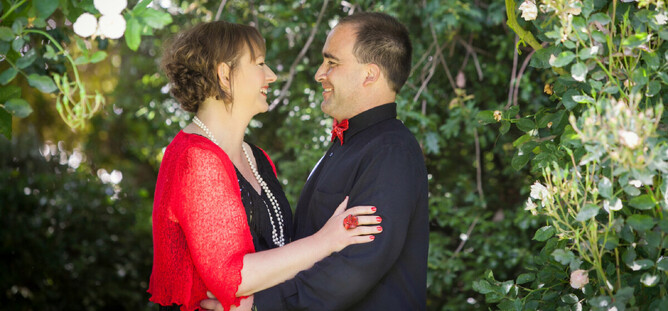We all have a desire to feel needed and to be in a loving and healthy relationship with another person.
We are inherently social and are taught early on how to communicate, by those around us who nurture and guide us, throughout childhood.
If taught effectively, our communication skills enable us to evolve and make informed and well thought out decisions.
It is how we build loving relationships through the sharing of experiences and needs which helps us to connect with each other on a deeper level.
If the role models who nurtured us were in unhealthy relationships themselves then it is highly likely that the cycle will repeat, and we will end up in an unhealthy relationship ourselves.
I am proof that although I was raised in an unhealthy and dysfunctional family, you can unlearn all those negative behaviours and learn positive and healthy ones instead.
My previous relationship was extremely unhealthy and was a product of my upbringing. I was raised in a dysfunctional family who taught me that I was too much for them to handle so I left and ran head first straight into the arms of another unhealthy dysfunctional relationship.
With experience comes wisdom and the desire to be in a loving healthy relationship built on trust, respect, honesty, faithfulness, equality and love. Traits that we all want in our personal relationships.
More often than not we find that long after the honeymoon period has ended, we find it difficult to express our emotions and feelings without fear of judgement or repercussions.
How do you communicate your thoughts and feelings to your partner?
How do you discuss with them that their actions upset you without making them angry?
Emotional safety is “feeling secure enough to truly express yourself with someone and show up as your most authentic self”,
Do you feel emotionally safe in your relationship? If not, according to PsychCentral, here are 7 ways you can create emotional safety in your relationship:
Respect boundaries and consent
Pay attention to your nonverbal communication
Be an active listener
Practice transparency
Give your partner the benefit of the doubt
Foster accountability and follow through
Consider couples or relationship therapy
In our open and honest relationship, Russell and I know that we can share anything without fear of upsetting each other. We actively listen and respond accordingly.
We are accountable for our own behaviours and actions and upon reflection, if we have caused the other to be upset we apologise for our behaviour/words/actions and work to ensure that it does not happen again.
Whenever there is something that I need to talk to Russell about it usually starts with me saying “I need to talk” and then he knows that there is something on my mind that I need to work through.
By talking it through we are able to work out what the issue is and find a mutually agreed solution that benefits us both.
Quite often I begin by saying “I feel………….” Using “i-statements” ensures that you focus on communicating what you are feeling rather than assigning blame which can escalate into a full-blown argument.
In our relationship we are equals and we invest in it every day. Some days are harder than others, especially when there are negative outside influences such as workplace stress and issues with clients that can cause us to project that stress towards each other.
We make sure that any issues are resolved the same day and not to go to bed angry with each other. When we are open and honest we know that there are less distractions at work and we are able to focus on our goals more.
Here are some of the statements/questions we say to each other every day:
How was your day?
What can I do to help you?
Is there anything I can get you?
You are beautiful/sexy/gorgeous.
I am so grateful to have met you.
I love You.
Thinking of you.
Miss you.
With several blog posts on the topic of communication and a range of conversation starter cards available on our website, having an emotionally safe relationship can be achievable for every couple.
Make sure you feel valued and valuable in your relationship and that you can be yourself and are able to express yourself freely. Everyone wants to be seen, feel heard and understood so don’t allow yourself to settle for anything less.
Feel free to reach out if you would like more information on how to communicate effectively with your partner. Thank you for reading this post, your time is very much appreciated.






